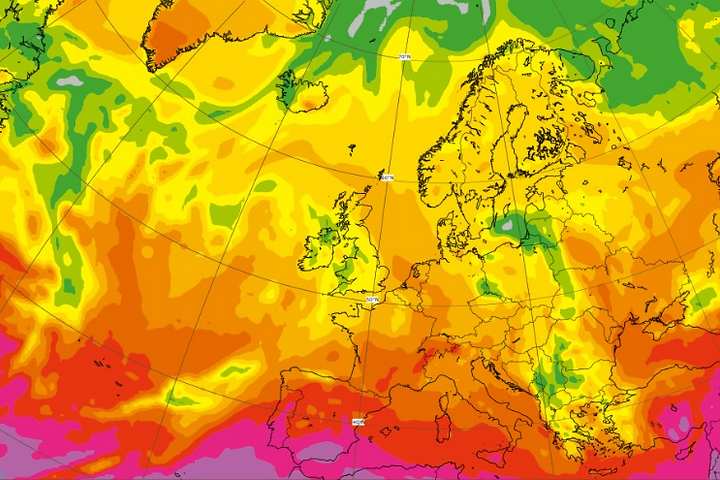 Weather and ozone changes have complicated the picture on UV levels but for much of the year, the UK is in the yellow, protection required zone.
Weather and ozone changes have complicated the picture on UV levels but for much of the year, the UK is in the yellow, protection required zone.
As we write this in June 2023, a heatwave has descended and the scientific view is that with a changing climate, we can expect higher temperatures.
Behavioural change is one result and variable. If the temperature is very high, most of us spend less time outside, reducing UV exposure. With more moderate rises, our behaviour is quite different.
Time outdoors increases, clothing that might protect is removed, a proportion of us choose to bask in the sun. These are natural traits but do heighten UV exposure and ultimately, skin cancer rates.
Recent research confirms the view that UV rays can also directly compromise the immune system, further increasing skin cancer and bringing body wide downsides.
Protection Matters
Assessing human behaviour is difficult and unpredictable, less of us may be working outside but working patterns are changing in other ways, as are social norms. Sun exposure may well increase and protection will be as vital as ever.
Sunscreen is a key part of protection and needs to be well chosen. An SPF factor of at least 30 will screen out most UVB rays, a 5 star rating shows that a high proportion of UVA will be blocked out, in proportion to the UVB performance.
High in both is ideal, although this doesn’t need to be expensive. Low cost, supermarket sunscreen often performs well in tests, those charging more for cosmetic benefits, or extended protection may not meet those claims.
Neither is sunscreen the only form of protection, with close woven clothing, sunglasses, a wide brimmed hat and time in the shade all helpful. Staying out of the sun and heat can equally be a wise move.
As the body heats up, blood vessels open, lowering blood pressure and making the heart work harder. A cause of itchiness, swollen feet, or a heart attack.
The excess sweating likely to occur leads to loss of fluids and salt, affecting the balance between them in our body. Coupled with lower blood pressure, this can cause dizziness, nausea, fainting, cramps, confusion, or tiredness.
Avoiding the hottest part of the day helps, as will with good hydration and most of the suggestions mentioned for cutting UV exposure. Protecting yourself from skin cancer has other health benefits.
Remembering The Risk
Our points on staying safe are not unique to 2023. The sun is a pleasure but a health hazard, bringing damage to skin proteins and cellular DNA. The ensuing mutations, which cause skin cancer, are our prime concern.
2023 is still a year when new research, planned or underway, should inform us. There is currently no way of reversing cumulative DNA damage from the sun but that could change, at the same time, we are learning more about UV damage beyond skin cancer.
This can be obvious, looking years older than you are due to excessive exposure. The story of how UV rays cause deeper harm will also continue to unfold.
We will monitor developments on skin cancer in 2023 and beyond, our clinic prepared to adopt new treatment, where this is proven. Keeping you informed will also help, especially on the best ways to stay safe.
